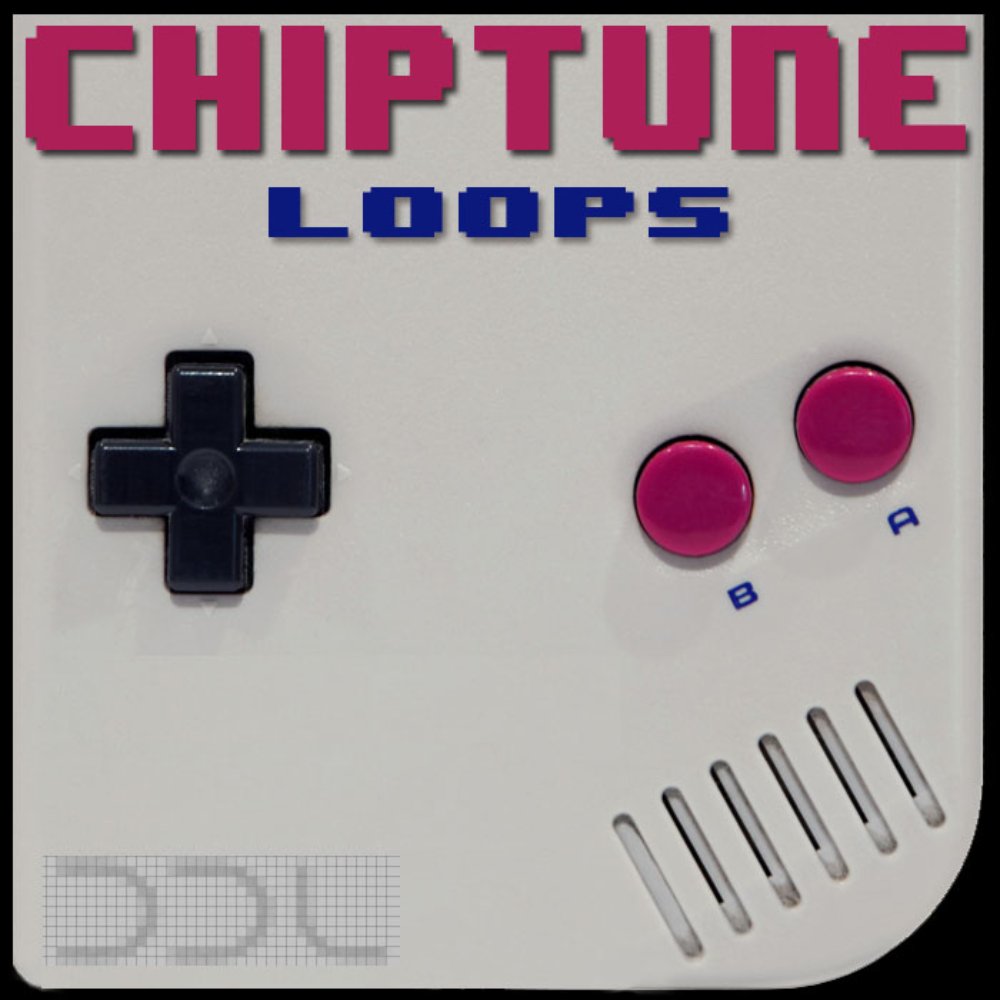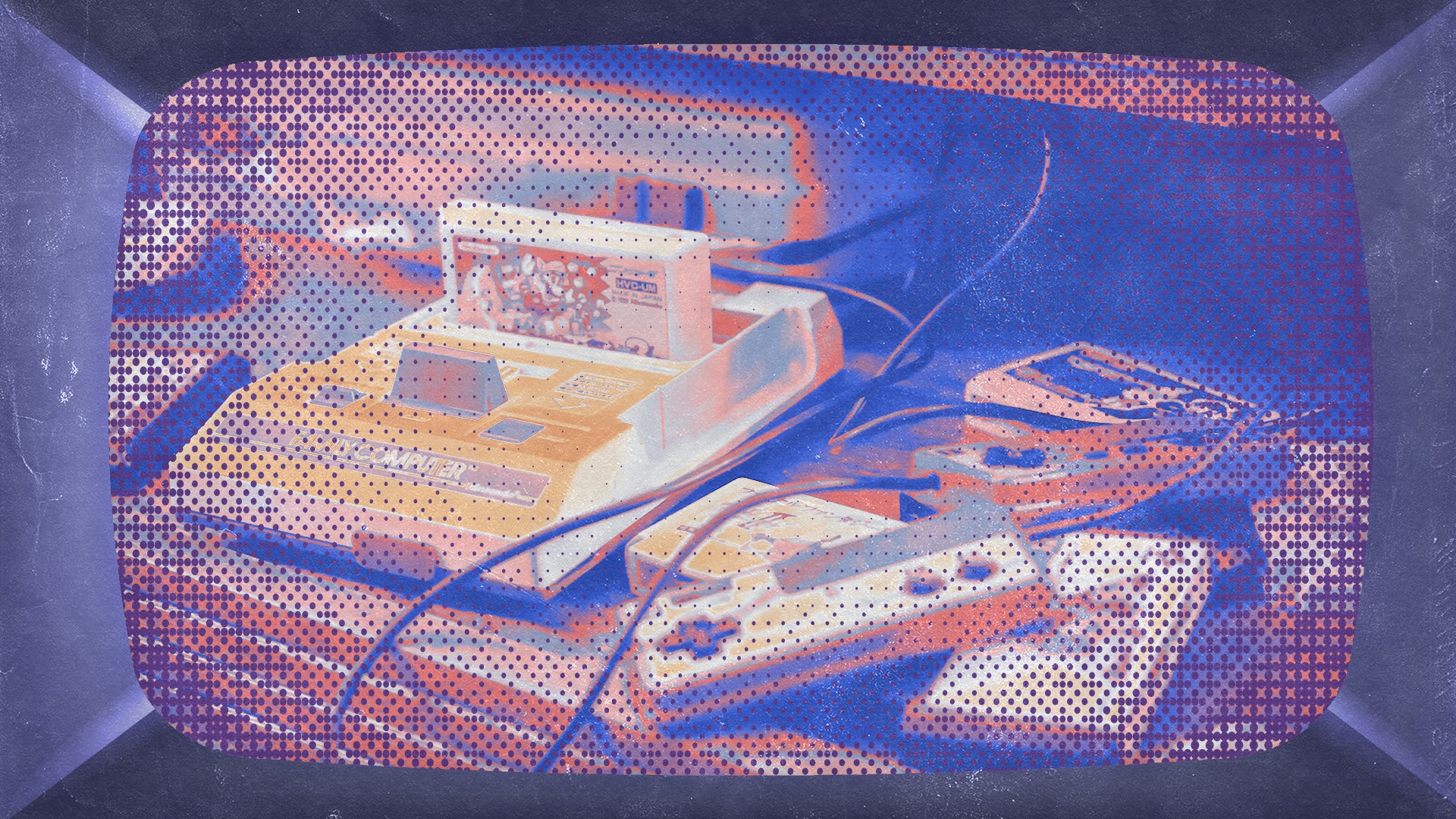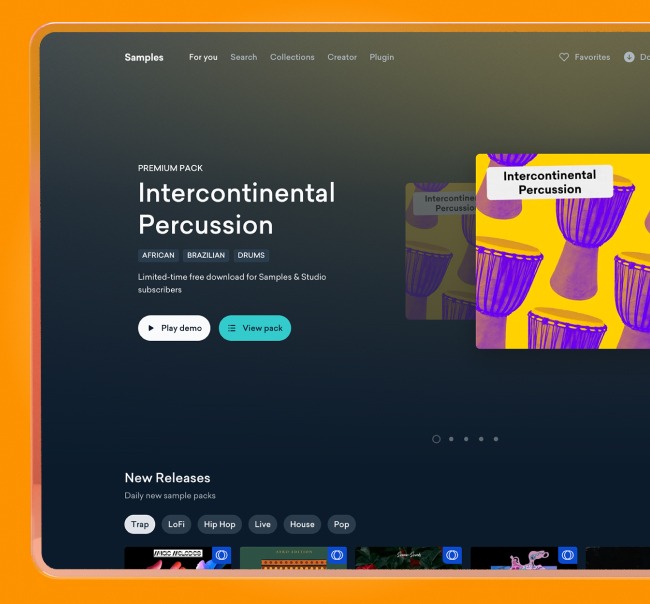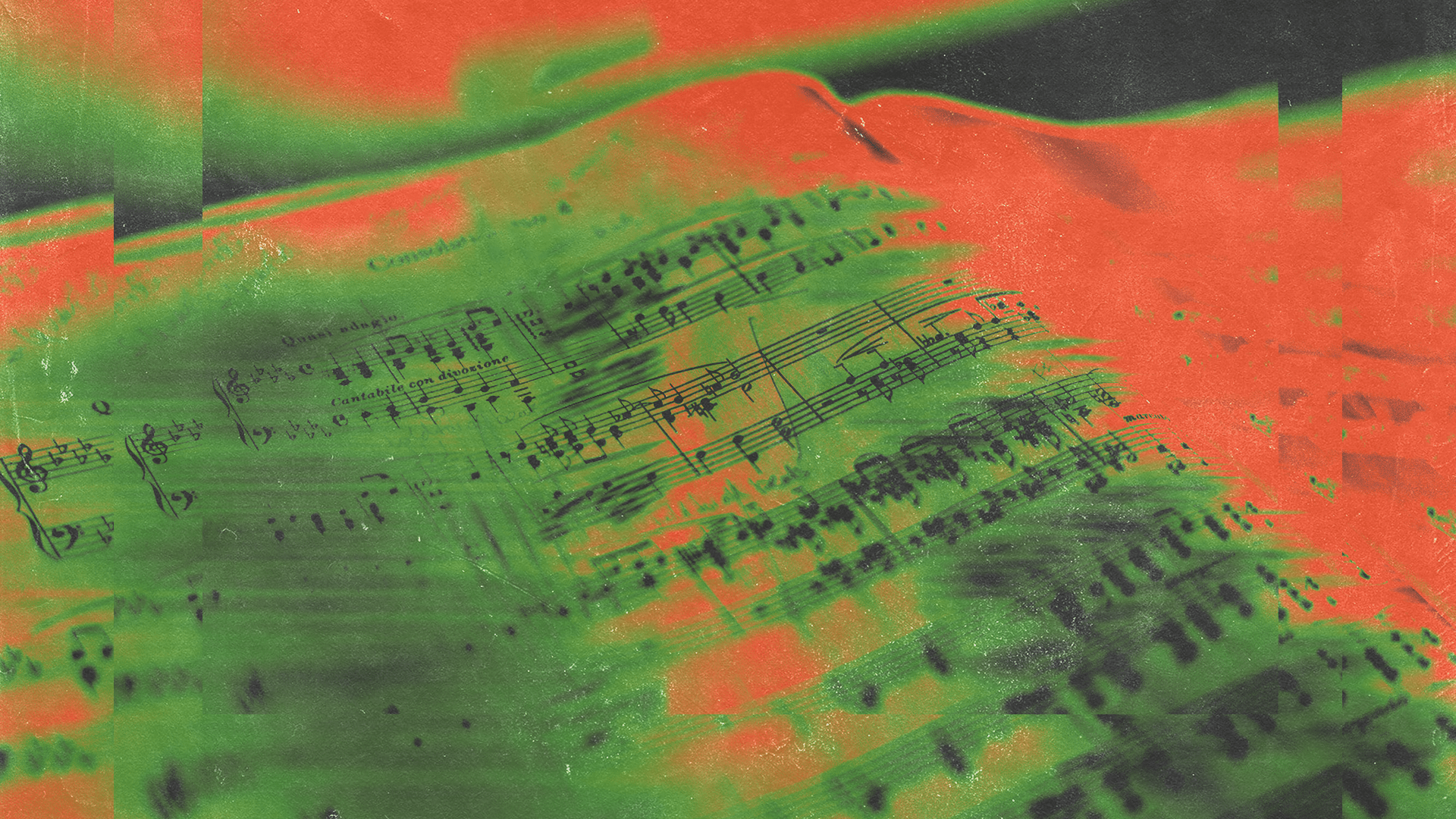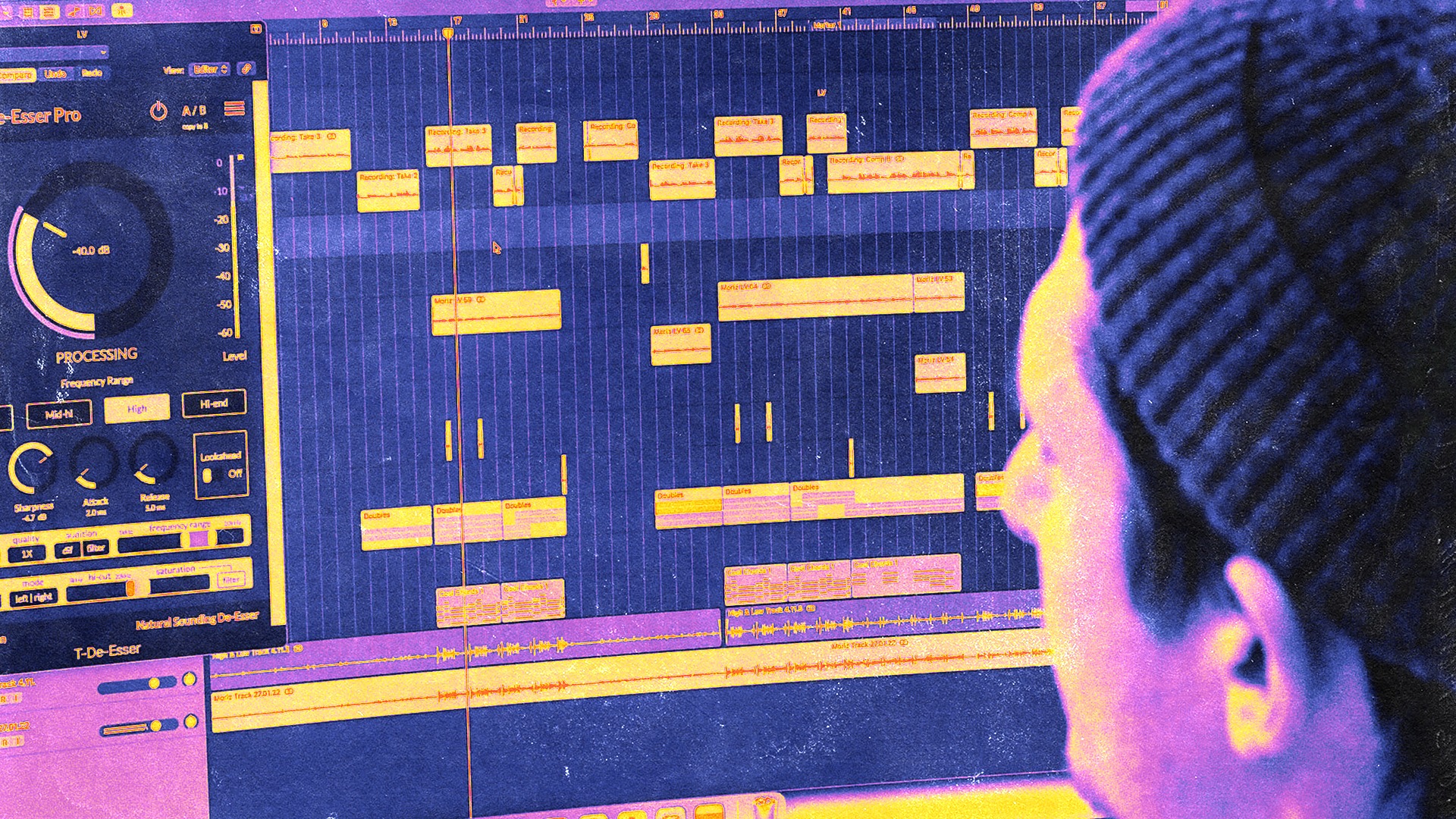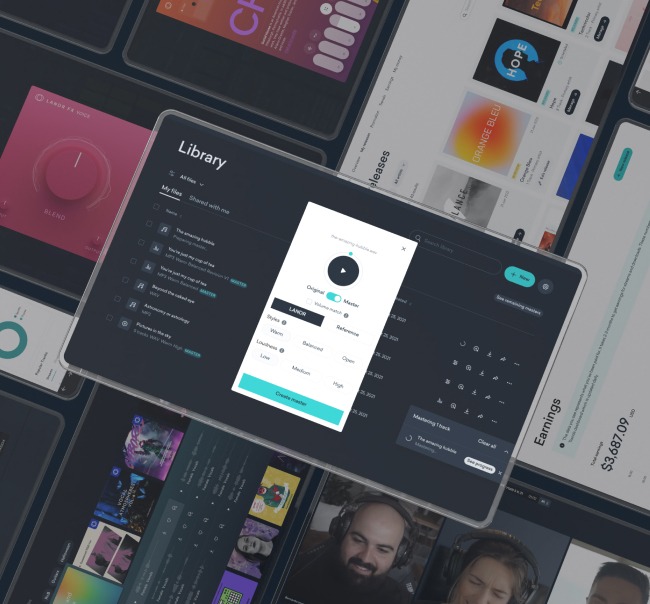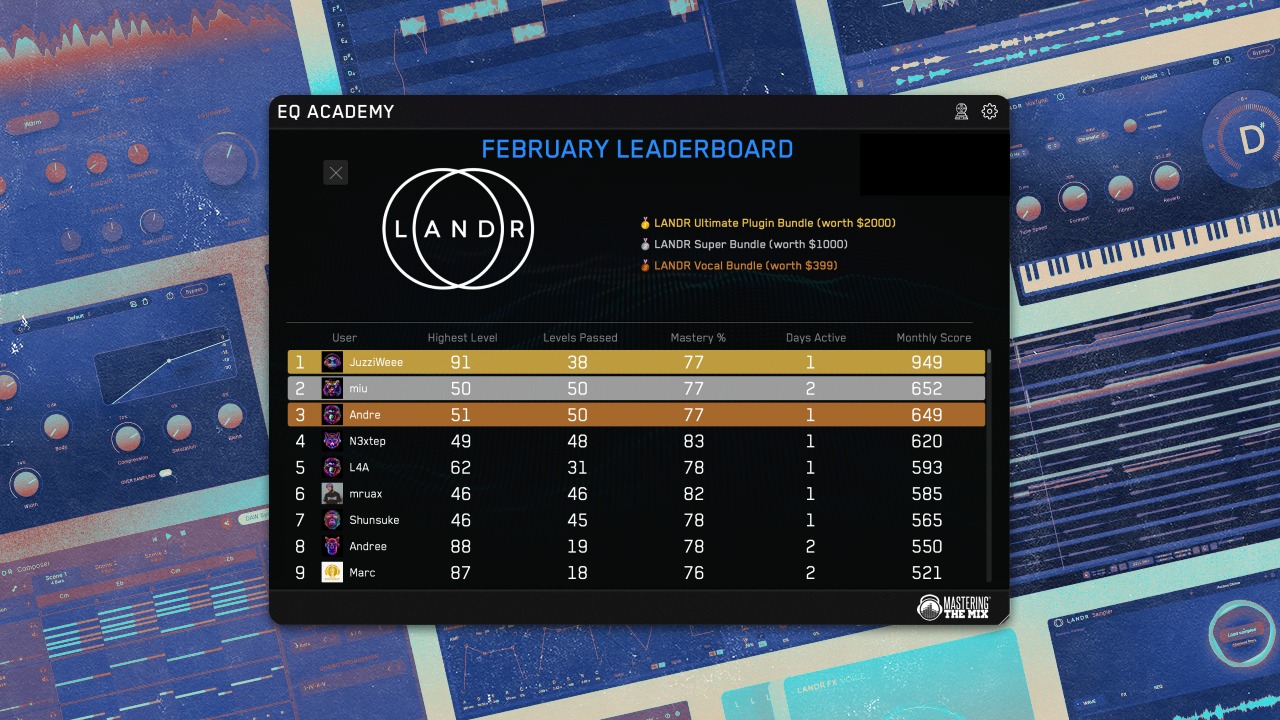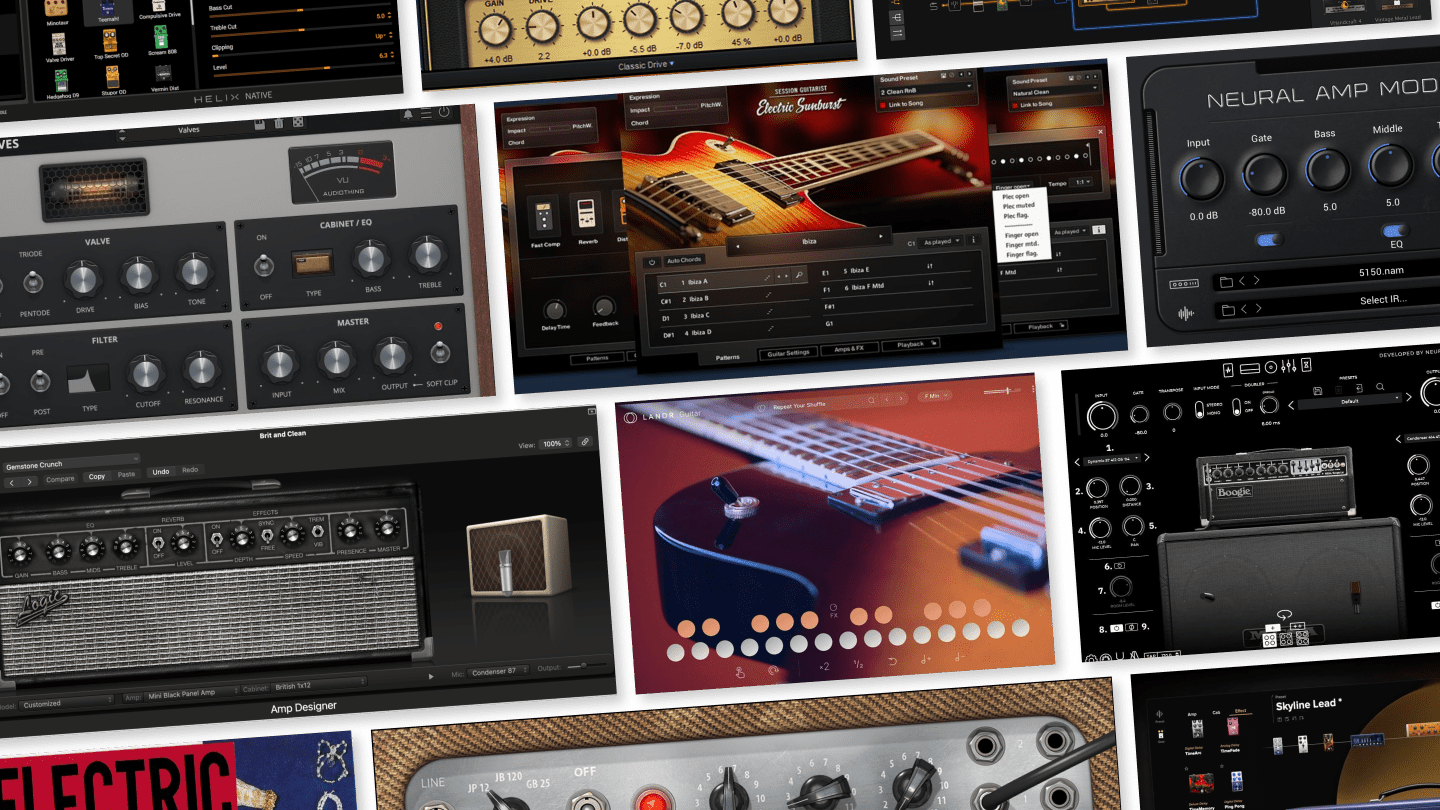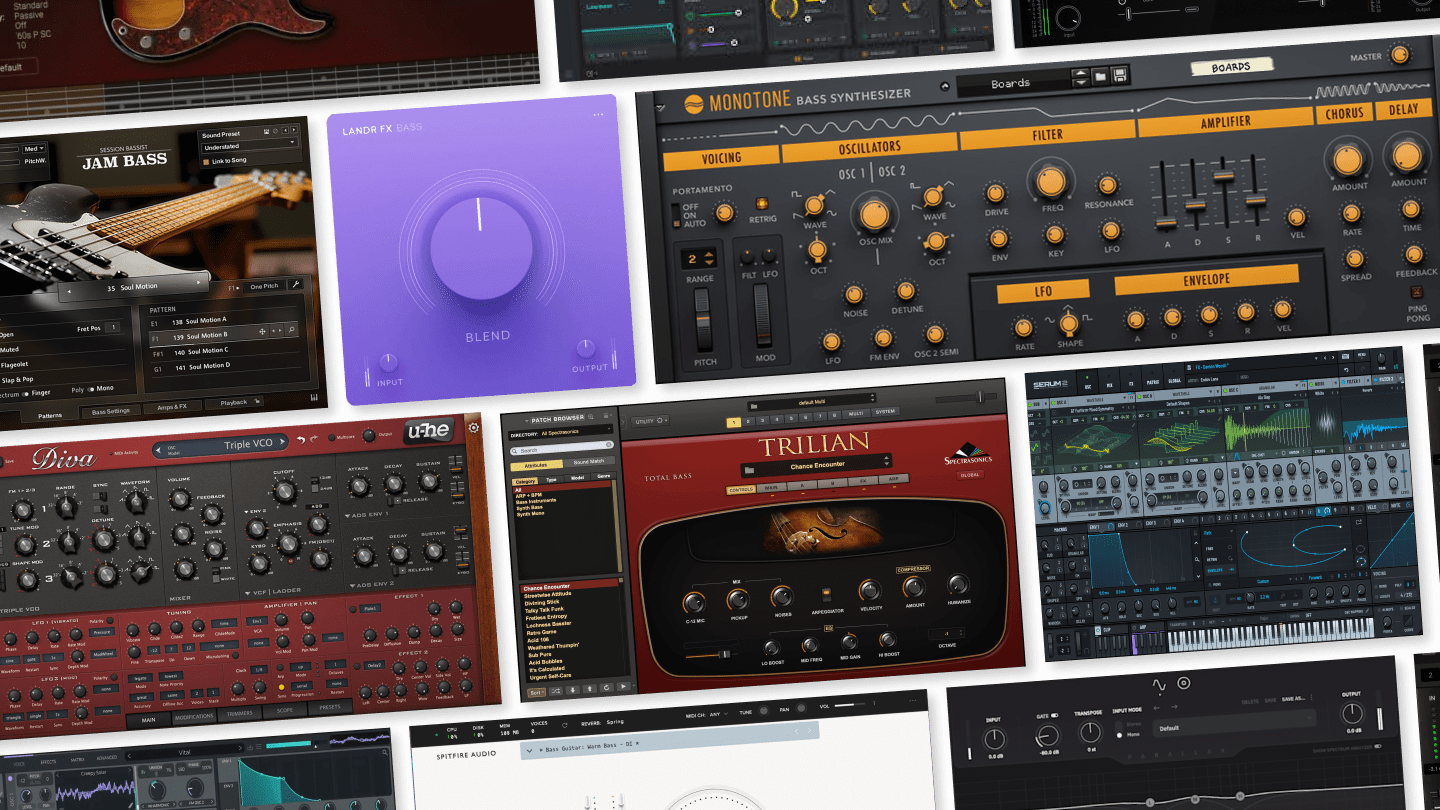
How to Make Video Game Music: From Production to Getting Started in the Industry
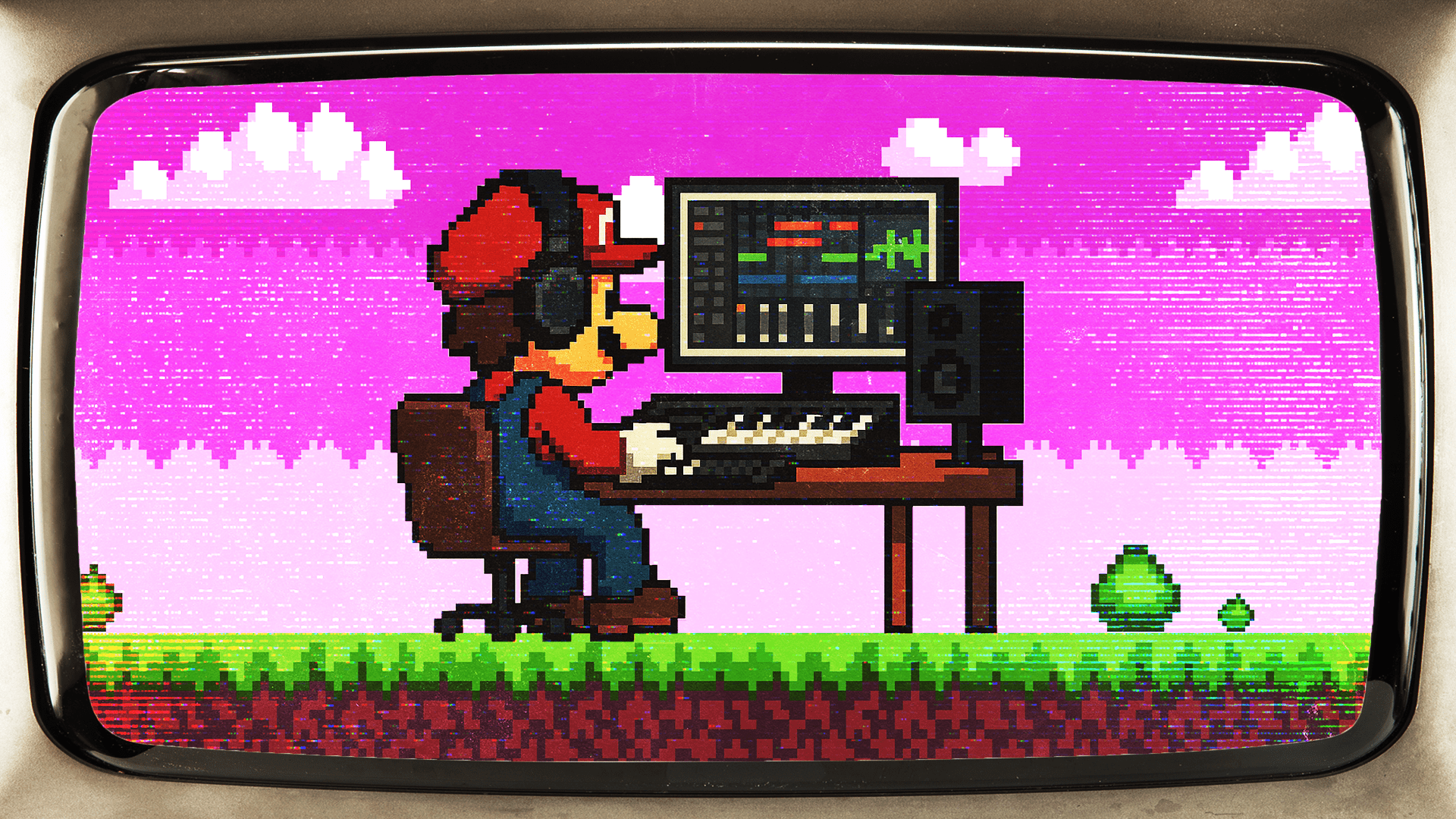
There are many ways a musician can build a career for themselves, and composing music for video games can be one of the most inspiring.
When you create music for video games, your work becomes part of a larger whole, and this process is highly dynamic and collaborative.
If it’s something you’re considering, follow along as we lay out what video game music creation involves and how you can get your foot in the door.
Understanding video game music
Let’s start with the basics: What makes video game music different from music for film and TV?
Since video games are an interactive and dynamic medium, their scores can’t be limited to single pieces of music that have fixed lengths and fixed structures.
Instead, video game music needs to respond dynamically to the actions of the player and the flow of the narrative.
When done well, video game music composition takes musical elements (often large quantities of them) and seamlessly integrates them into the experience of the game, keeping the player immersed while reinforcing emotional and narrative cues.
A game that gets the music wrong is seriously limited in terms of how effectively it immerses the player in its world. So, both the stakes and the standard of quality are often quite high.
Game franchises with particularly well-loved scores include Donkey Kong Country, Final Fantasy, Metal Gear Solid, The Legend of Zelda, and Halo.
Possibly the most legendary piece of video game music ever made.
The basics of video game music production
Some aspects of video game music production are more or less the same as what you’d find in general music production, while others are unique to the medium.
It’s standard, for example, for video game music composers to create their work in a DAW with virtual instruments, effects, sequencers, as well as hardware MIDI keyboards and controllers.
However, creating music for games also involves industry-specific tools that allow composers and developers to integrate music and sounds into the game engine.
These tools are referred to as middleware, and the two industry standard examples are FMOD and Wwise.
Wwise is the industry standard for AAA games (big-budget games from major studios) while FMOD tends to be used more in indie games. It’s a good idea to learn both, but you can prioritize which based on how you want to get into the industry.
Meanwhile, it’s also particularly common for video game music composers to use high-quality sample libraries and multisampled instruments.
These are important for creating cinematic orchestral pieces and percussion arrangements without the high expense of professional musicians and ensembles.
The stylistic considerations for developing your skills in video game music will depend on what kinds of games you want to get involved in.
Some video game scores tend to fall more into the ambient and electronic genres, while others more closely resemble film scores with a mix of orchestral, instrumental, and electronic elements.
Regardless of which route you choose to go down, we highly recommend strengthening your skills with MIDI, arrangement, audio editing, and DAW use.
While there isn’t one particular DAW that reigns supreme in video game music composition, it’s hard to go wrong with Apple Logic Pro, Ableton Live, REAPER, or Steinberg Cubase.
Whichever DAW you choose, learn it well!
Writing music for interactive environments
While creating music for games has much in common with general music production on a technical level, there is a lot about it that is very unique. We’ll break it down this way:
1. Video game music is dynamic and adaptive
Because video game music must respond in real time to the actions of the player, it cannot be limited to long, pre-determined compositional structures.
Instead, it is typically created in pieces that can dynamically fade into or connect with one another as smoothly as possible.
This also makes it nonlinear. A video game score can be planned in a branching structure that accounts for various possible player decisions and responds to them properly.
You should know how to approach music layering and composition in nonlinear and modular ways, as this is a major asset for learning the craft of video game music.
2. Video game music is loop-oriented
Because the various pieces of a video game score need to be structured and executed dynamically, they are very often loop-based.
This allows the same piece to be played indefinitely while the player continues to perform a given action (or no action at all) until the behavior or context changes and calls for another element of music to take effect.
This means it’s essential to know how to create smooth and seamless loops between multiple elements (while ensuring that each element can dynamically connect to multiple different elements depending on context).
3. Video game music is highly collaborative
For many people, music is a solitary activity. This is especially true for music made with electronic and virtual instruments.
However, when it comes to video game music, the complete opposite is true.
Creating video game music requires constant collaboration with sound designers, programmers, and other people throughout the development team.
For this reason, it’s very important that you make collaboration skills a high priority when learning music composition for video games. This includes good communication, the ability to receive and implement feedback, and a desire to support the overall creative vision of the project.
4. Video game music is often interdisciplinary
As mentioned above, creating music for video games involves more than just music production. It also involves more technical tasks, whether it’s implementing sound with middleware or even programming tasks.
It’s a good idea to bear in mind that, within a game development pipeline, the person responsible for the music isn’t necessarily limited only to musical responsibilities. This can be especially true when it comes to smaller game development teams, where people may play multiple roles.
Because video game music is so collaborative and involves specialized tech, it is a significant benefit for you to learn a wide range of skills and understand the game development pipeline. This includes design, audio programming, and competency in game engines like Unreal Engine and Unity.
The more diverse your game audio skill set is, the more successful you’re likely to be.
5. Video game music is about immersion (and budget)
The role of video game music is to support and enhance the emotional cues and sense of immersion that a game is trying to facilitate for the player.
This is more important than the sounds and skills you might want to flex as a musician, and more important than your individual vision as an artist.
If the emotional tone of a given part of the game demands a more subtle music cue, then that’s what you’ll need to provide. If the tone of another part of the game requires something more intense, then that’s what you’ll need to provide.
Game development is also highly constrained by the studio’s budget for the project. Creative decisions need to be both effective and economical, which means that you may not always be able to wow the player in the ways that you want to.
So, it’s wise to understand player emotion and always prioritize immersion, while also balancing this with the practical and budgetary demands of the project.
Practical starting points
To get familiar with video game music composition, it’s a good idea to start small.
First off, spend some time listening closely to the music of games you enjoy.
When playing games and listening to their music for reference, pay attention to the musical properties of different pieces depending on their function.
Is it a loop for the main menu? Is it for a situation where the player is solving a puzzle? Is it for a climactic cutscene?
Build a resource for yourself that contains descriptive notes of each kind of musical cue, including information on key, tempo, types of instruments/sounds, and more.
Then build a good tool set of virtual instruments based on the style you’re aiming for, open up your DAW, and create simple pieces that loop smoothly, can connect with one another as needed, and are appropriate for different needs.
Once you have some satisfying material on hand, equip yourself with middleware like Wwise or FMOD as well as a game engine like Unity or Unreal Engine. Learn the basics so that you can see how your loops and pieces would be implemented.
Eventually, this early exploration process will evolve into the process of creating a portfolio and demo reel before seeking out your first gigs.
Your portfolio and demo reel
When you have a portfolio of material that you feel happy with (and that matches up to the standards of the games you want to compose for), there are a few ways you can get it out into the world.
One is to keep a portfolio online that simply allows people to hear your productions by themselves. This can, for instance, be playlists on SoundCloud that showcase full pieces, loops, and menu cues.
The other is to capture in-game footage from games that you like, replace their sound with pieces of music that you’ve created, edit different examples together, and post the result as a video reel. This would ideally contain multiple different in-game contexts, from menus to combat to puzzle-solving and more.
It is, of course, a very good idea to have your own website and maintain social media profiles that create an overall online presence for yourself as a composer.
Working on your first game
The game development community is massive, and there are countless types of projects you can potentially get involved in as you make your first steps.
If you’re hoping to one day create music for AAA titles by major studios, you’ll need a track record making music for smaller-scale games in the indie scene.
There are a few ways to make this happen:
1. Network with people in the indie game scene
Networking with people in game development is one of the most crucial steps in getting into the industry.
We recommend exploring both online communities and local meetups and conferences to meet people and build your community.
Explore the GameMusicComposition subreddit, their associated Discord server, and this Facebook group, for example.
You can also search for Facebook events in your area that are relevant to game development and game audio.
This article from Game Audio Learning offers some particularly useful recommendations and resources for networking.
2. Participate in a game jam
A game jam is an event (online or in person) where game developers collaborate to create games within fixed periods of time.
Getting involved in a game jam can be a great way to contribute to a project, learn new skills, and develop your portfolio.
A few good places to start are the GameJams subreddit, the Global Game Jam site, and the calendar of online game jams on itch.io.
3. Work on non-funded game projects
The indie game development scene is made up largely of game projects that are run entirely on passion rather than funding.
While it may not seem ideal to work on projects without pay, this is pretty much the best way to gain experience and build a portfolio.
Considering how important collaboration is in game development, knowing how to work toward a collective creative vision for its own sake will serve you time and time again in the long run.
Here’s another article from Game Audio Learning that offers some handy tips for finding and getting involved in non-funded projects.
It’s game time
Composing music for video games blends creativity, technology, and collaboration in a way that few other fields do.
By sharpening your production skills, learning middleware, and building a portfolio that shows off your versatility, you’ll be ready to step into an industry that continues to grow and evolve.
Whether you start with indie projects, game jams, or your own experiments, each step forward is a chance to refine your craft and make your mark on a medium where music and gameplay truly become one.
Good luck on your journey!
Gear guides, tips, tutorials, inspiration and more—delivered weekly.
Keep up with the LANDR Blog.
